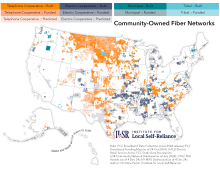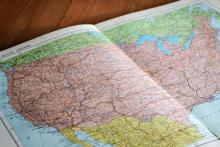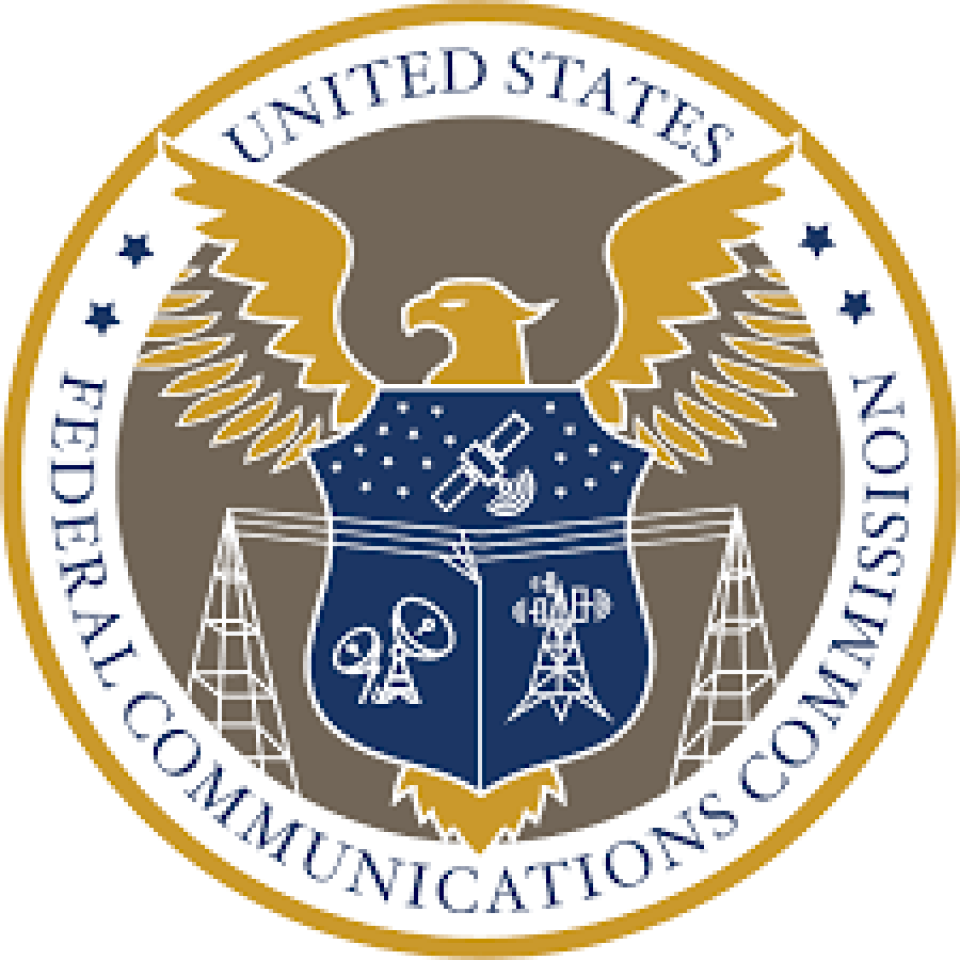New Resource Alert: ILSR Unveils Community Networks Predictive Map
In September we released our updated map pinpointing the location of the 400 municipally owned Internet service providers now serving almost 800 communities across the United States.
Today, we unveil our predictive map which was created by our Senior GIS Analyst Christine Parker.
The map provides a multi-layered look into the near future of community broadband networks.
It not only shows where existing community-owned fiber networks are located but also highlights how those networks will expand in the coming years based on formally announced plans and secured funding to complete network builds.
A few things to note about the map (below at bottom):
The map only shows community-owned fiber networks.
The darkest shaded layers show the footprint that is already built representing data from the FCC's Broadband Data Collection.
Lighter shaded layers show the footprint that has not been built yet but where federal funding has been secured to expand, based on the FCC’s Broadband Funding Map.








